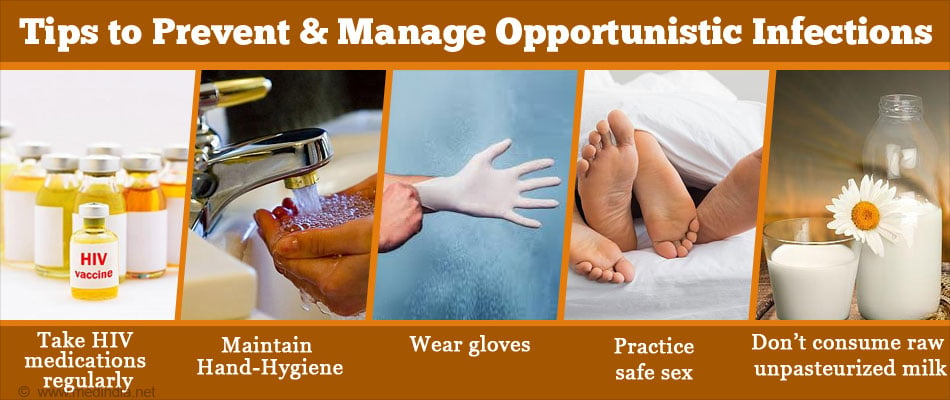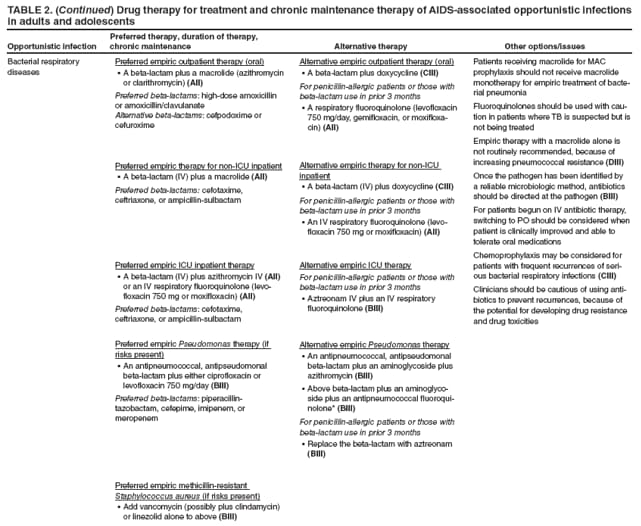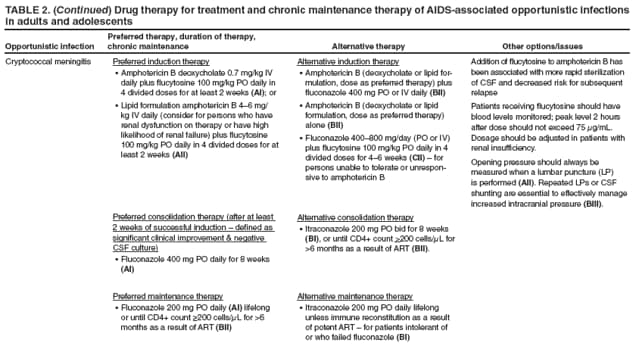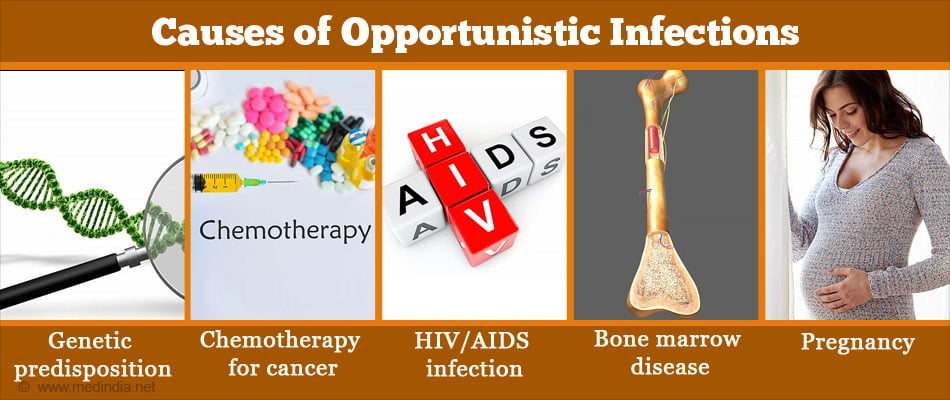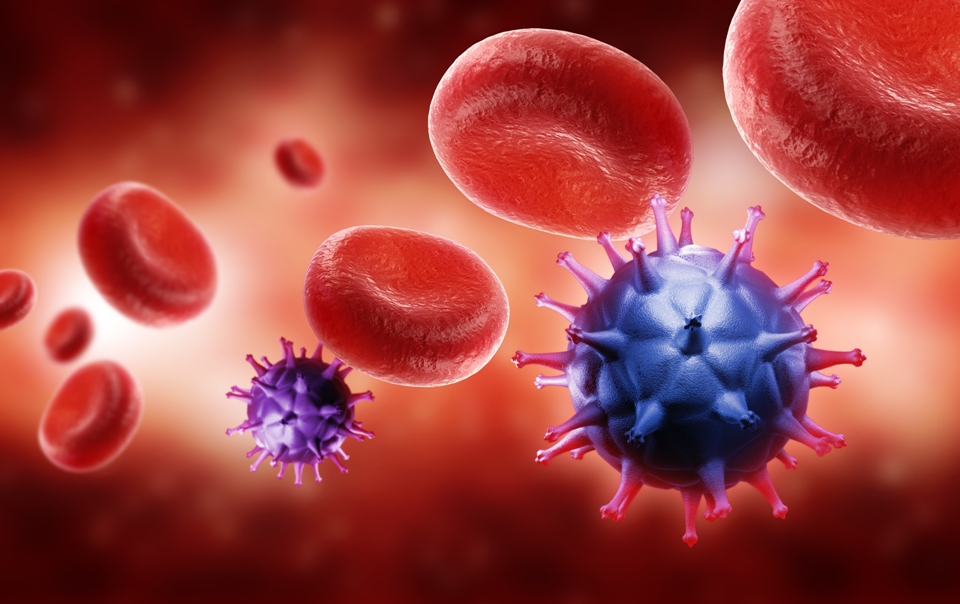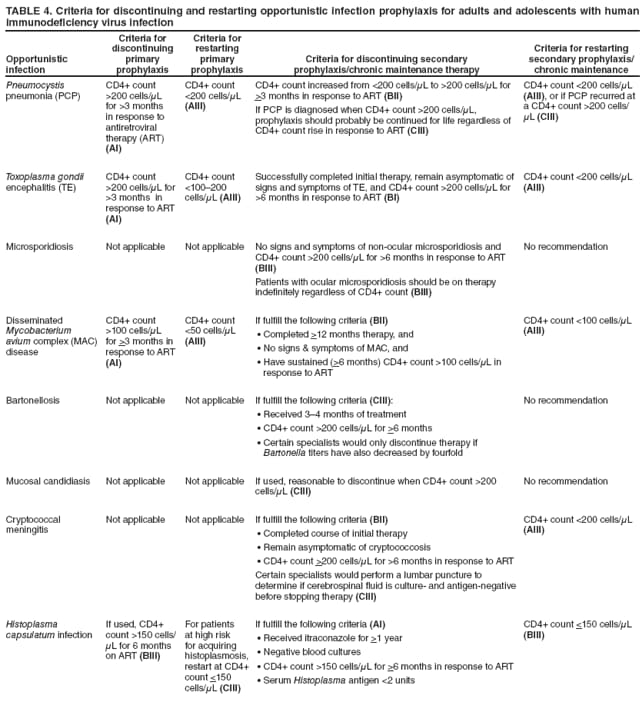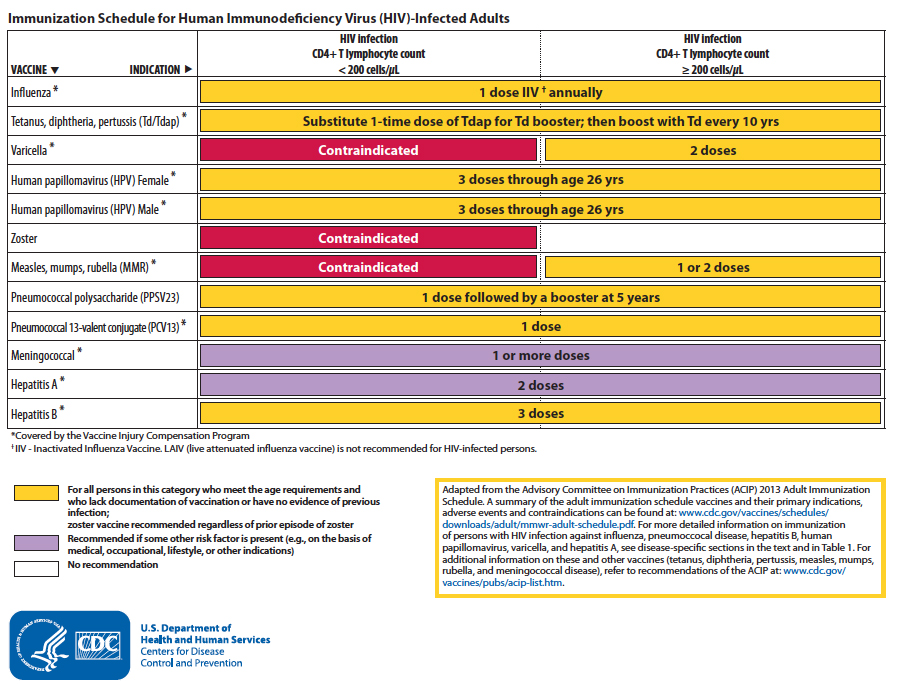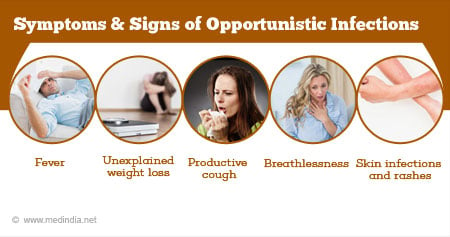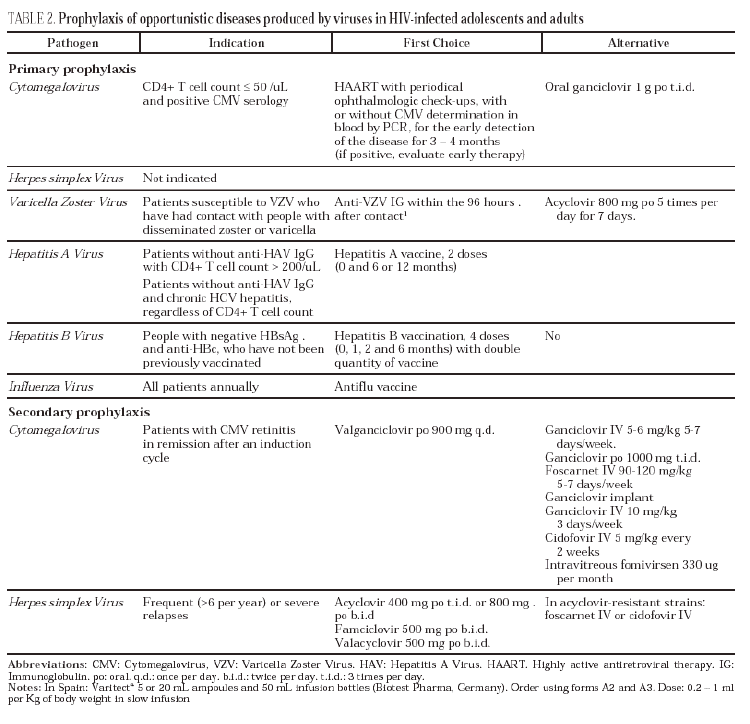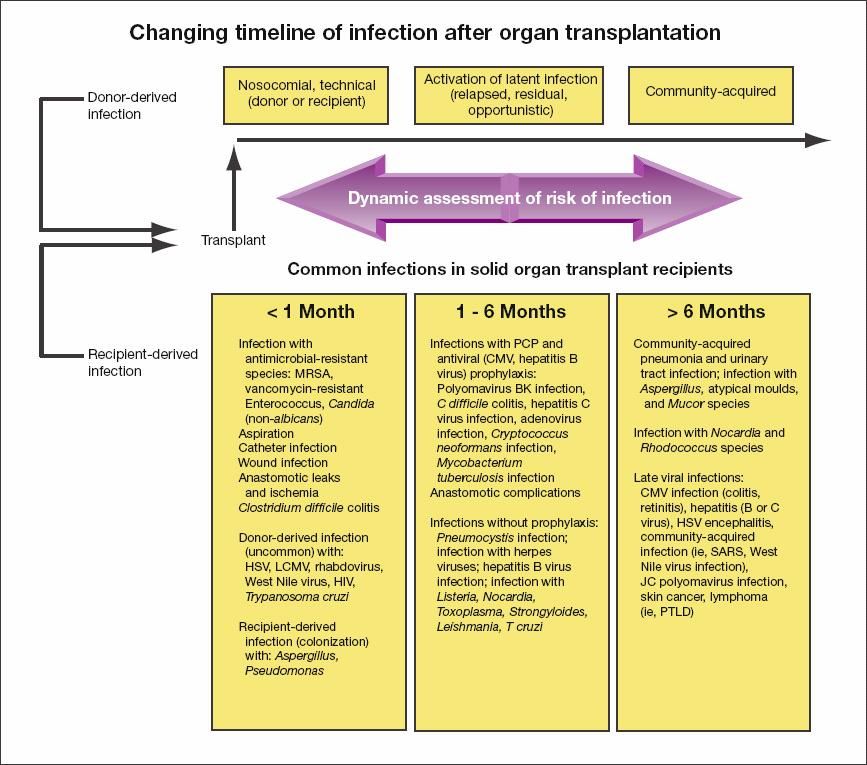Peerless Info About How To Prevent Opportunistic Infections

The primary way to prevent infections the first line of defense is to keep germs.
How to prevent opportunistic infections. Here are other important tips: The best way to prevent infections is to block pathogens from entering the body. Despite the huge advance that antiretroviral therapy represents for the prognosis of infection by the human immunodeficiency virus (hiv), opportunistic infections (ois) continue.
Skillful prevention of opportunistic infection in the sot recipient allows for the successful maintenance of immunosuppression and a much lower risk of complications. In 1989, the guidelines for. Nineteen ois, or groups of ois, are addressed, and recommendations are included for preventing exposure to opportunistic pathogens, preventing first episodes of disease by.
It should not be allowed to hunt and should not be fed raw or undercooked meat. The germs that can cause ois can spread in a variety of ways, including in body fluids or in feces. To prevent bloodstream infections associated with needleless intravenous access devices, hsct recipients should a) cover and protect the catheter tip or end cap during bathing or showering.
1 sign in or register a free. Prevention of opportunistic infections one of the best ways to reduce your risk of getting an opportunistic infection is by receiving hiv treatment [3]. Counseling on how to avoid becoming infected with t.
Undercooked red meat or raw shellfish). Clean the litter box daily. Some infections can get into your body through the food and water that you eat and.
There are also some additional. The following are some preventive measures in hiv patients: Primary prophylaxis (to prevent the first episode of an opportunistic infection) based on established cd4 count thresholds is indicated for pneumocystis pneumonia and.

/hiv-opportunistic-infections-5198919-final-342c1bb74f22448eb97dafffc48467f7.jpg)
